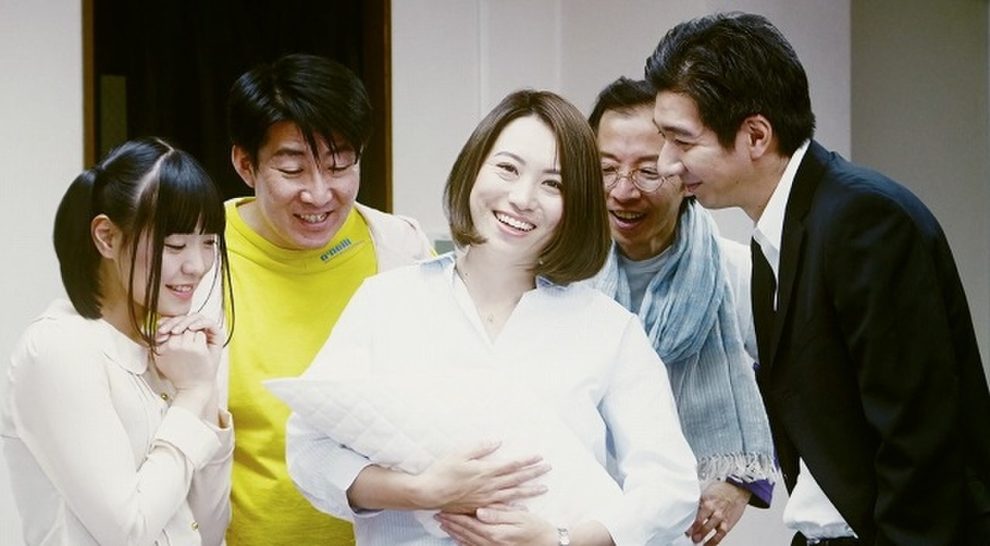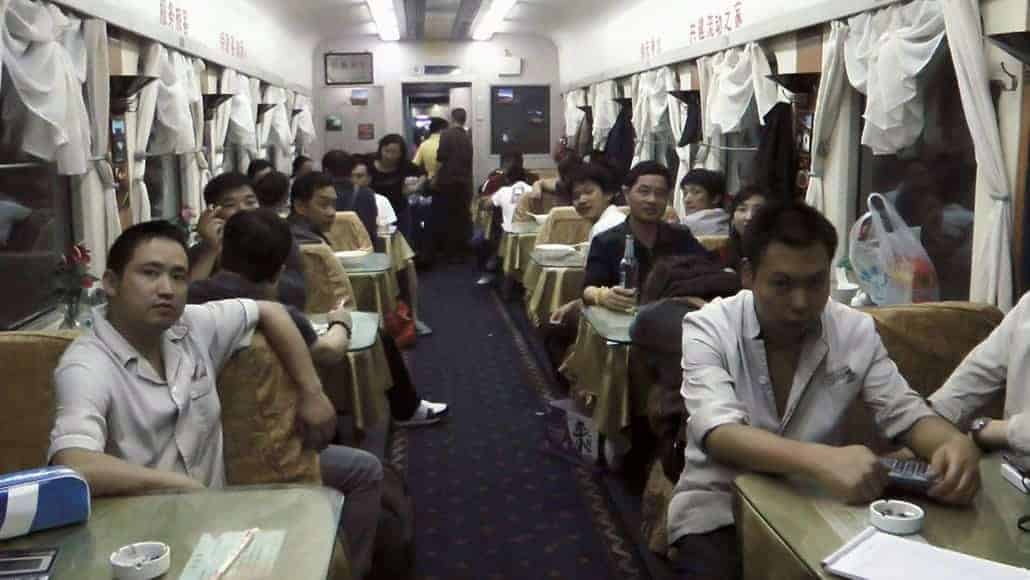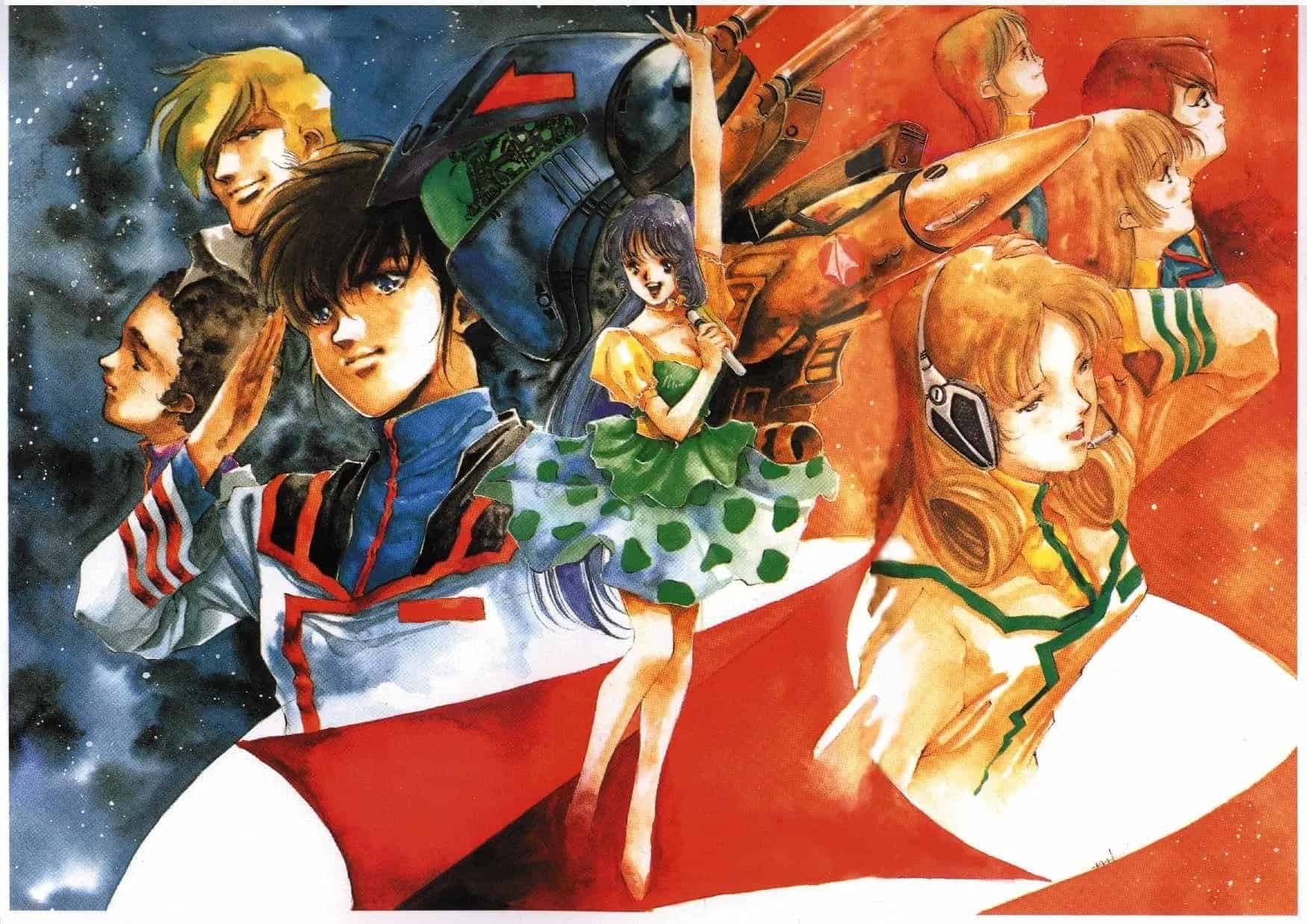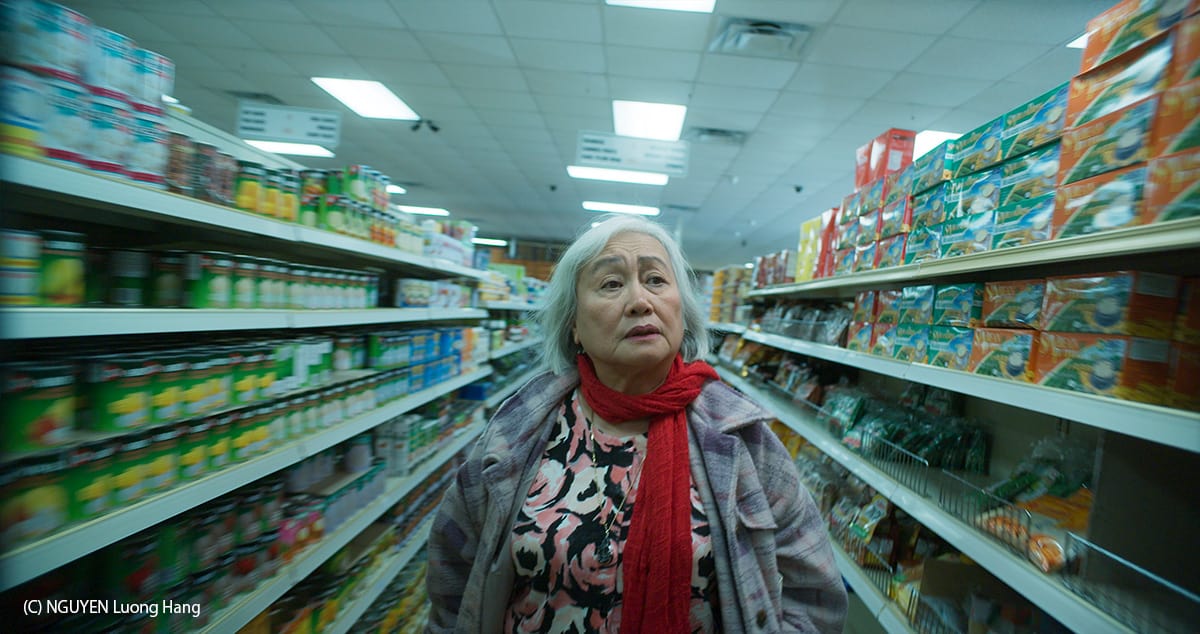Shooting a film that presents life exclusively from the perspective of a woman, and even more of a 30+ one, is not exactly the rule in Japanese cinema, and thus, “My Sorry Life” emerges as a rather brave effort by Kozue Nomoto, in her second feature movie, which will screen at the 14th Tanabe Benkei Film Festival.
Kei is a 33-year-old woman working as assistant producer for a small TV station, where her opinions about new shows are heard but they never materialize into actual programs. Her biggest problems, however, take place at home, where she lives with her boyfriend, Yoshi, a former comedian who has quit his job and is now working at a supermarket, where he always ends up buying unnecessary products on sale. He also wants to have children with Kei, but she is adamant against it, although she is not sincere about the fact, instead taking contraception pills secretly. As time passes, her frustration about Yoshi becomes more intense, and as he cannot handle her harsh behaviour, he informs her that he is pregnant, in a rather absurd notion that she actually goes along with. At the same time, Kei is offered the job she always wanted, becoming the producer of her own show, (even if it is an online one), which will be based on an idea of hers, of having non-celebrities, local people talk on screen, instead of the comedic duos that seem to dominate entertainment programs. When her choice, however, is an LGBT individual, Kanai, Kinjo, the producer, is not happy, while the fact that the shoot is on the day of her 5-year anniversary with Yoshi creates even more issues. As her problems pile up, Kei faces a number of crises on all levels.
Kozue Nomoto directs a film that is strange for a number of reasons. To begin with, none of the main characters is actually particularly likeable. Kei emerges as a harsh individual, who is willing to lie and lash out to her boyfriend instead of actually discussing, while her ambition seems to dominate her life (not to mention the way she treats the cleaner in the station). Yoshi emerges as a rather immature individual, who has no purpose in life apart from getting Kei pregnant and then marrying her, with his attitude highlighting the fact that she is the one who will be the main provider in the house, at least in financial terms. This evident role-reversal, which finds its apogee when Yoshi declares himself pregnant is the main source of comedy in the narrative, although Nomoto keeps this part rather restrained. Kinjo is probably the worst of all, with him obviously aiming at something more than just a professional cooperation with Kei, while his attitude when she suggests an LGBT individual for the show, is truly despicable, and actually gets worse as time passes. Kanai may be on the right regarding her treatment by the station and Kei, but his reactions after the event are truly harsh, even though, in the end, he emerges as the most likeable character.
At the same time, and in a rather difficult feat, Nomoto manages to somewhat justify all the aforementioned behaviour as a reaction of the environment they inhabit. In that fashion, Kei may be harsh towards Yoshi, but his insistence on having children is suffocating, and the fact that he cannot provide on any level, infuriating. Him stooping to tricks when he feels he is losing her seems pathetic, but her harshness and her neglect is the definite source of his behaviour. Kei's attitude in the station and overall ambition may seem somewhat intense, but as show business emerges as a rather competitive setting where satisfying the audience (who always seeks for the same things) and subsequently, making a profit is what rules everything, justifies her overall demeanor. Furthermore, the industry, as mirrored in Kinjo, is painted in the bleakest colors, not only regarding the aforementioned element, but also due to the racism and conservatism that seems to dominate it. These aspects justify Kei's “bitchy” attitude, and present Kinjo as a “product” of his environment.
At the same time, the fact that all characters seem lost about what they want to do with their life or how (occasionally both) is a comment on the issues the 30+ something people face nowadays, as part of a distinctly middle generation. This aspect and the pressure she feels from all sides, eventually take a significant toll on Kei, who starts to lose her grip with reality, while her health also deteriorates and help seems to be coming from nowhere. The solution to all the aforementioned, however, is vague, with Nomoto seemingly suggesting that one should go with the flow and hope for the best, instead of trying to change things with drastic measures, in a rather unsatisfying comment.
The movie could have taken a distinctly dramatic path, but Nomoto chose a narrative that is based on humor and quirkiness instead, in an approach that adds to the entertainment without detracting anything from the presentation of the various social comments. Maki Fujiwara's acting as Kei helps the most in that regard, with her presenting this delicate balance between the comedy and the drama in the best fashion, with her performance anchoring the film. Akiyoshi Okayashu is hilarious as Yoshi, particularly through the way he presents his naivety, in the main source of comedy in the movie.
The low-budget nature of the movie becomes obvious as the whole production seems to have been shot on handheld camera; however, this approach works for the narrative, since it actually makes the movie appear as a TV-program, thus resonating with the story. The pace is relatively slow, but in contrast to the rule of similar Japanese films, the occurrences are few and there are no scenes that lag.
“My Sorry Life” is a different and quite original drama, whose realism is implemented by a directorial and script-writing approach that highlights that life and people are full of gray areas, instead of black-and-white (good and bad if you prefer) and a great sample of the Japanese “no-budget” industry.















